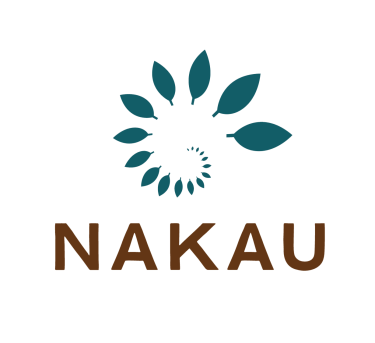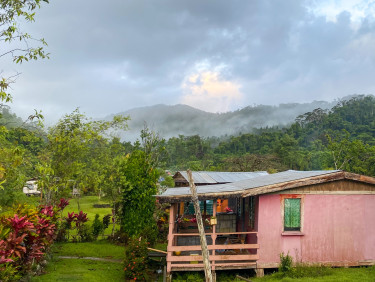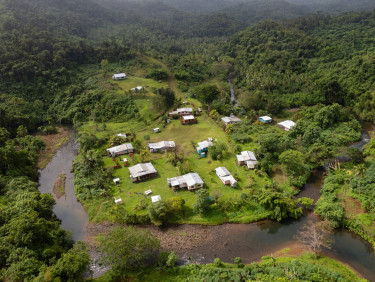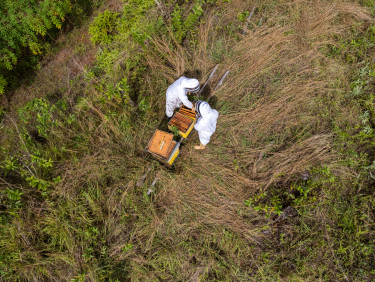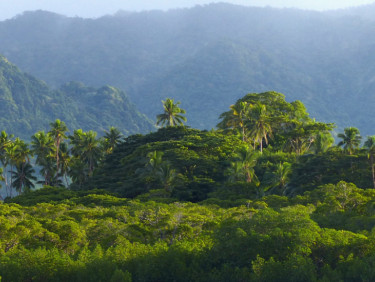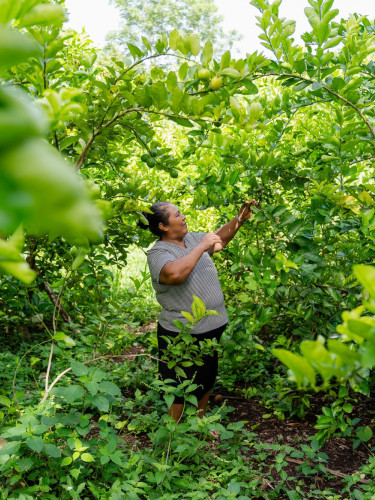Drawa Rainforest – Fiji
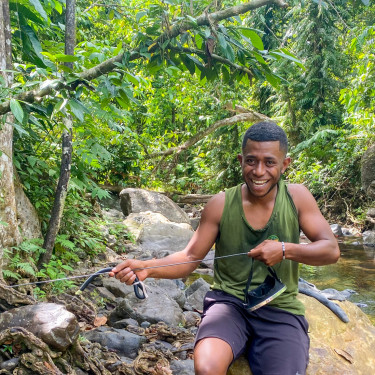

On this page:
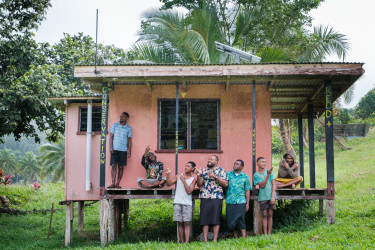
About the project
The Drawa Rainforest project helps the Fijian clans to protect their rainforests, providing greater resilience against climate change, alongside supporting community businesses including honey enterprises.
By providing carbon income, the project enables indigenous peoples in Fiji to forgo commercial logging and save their forests.
The conserved forest protects villages from cyclones, floods and droughts, and provides clean water for the Drawa people and other communities that rely on streams flowing from the rainforests.
The forest, it provides for the village in terms of food — prawns, eels, fish, seeds, fruit — and also clean water for drinking.
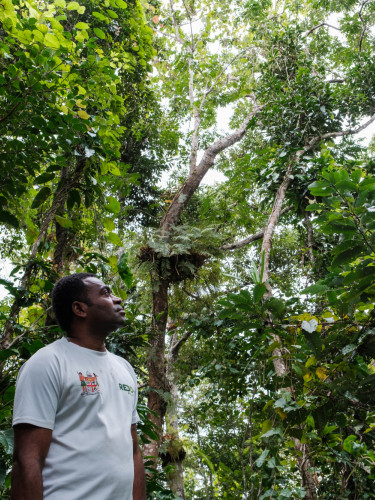
Additional documents
- 2015 - 2020 (*Please note: Annual reports for 2015 -2020 - verified, and for other Annual Reports - no issuance)
- 2017 – 2019
- 2012 – 2015
More projects
Find out more about other projects in the region or projects that use similar interventions.
-
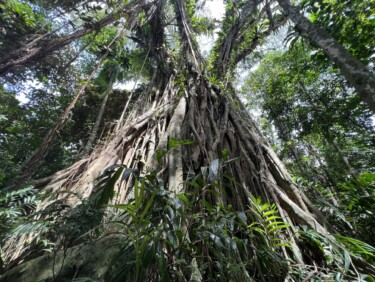
Loru Forest – Vanuatu
Generating income for the Serakar Clan, the traditional custodians of an important section of remnant rainforest.
-
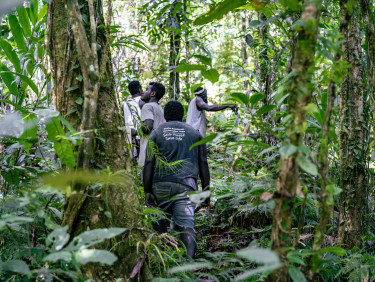
Babatana Rainforest – Solomon Islands
Providing alternative income sources to unsustainable industries such as mining and supporting the Sirebe tribe to protect their culturally significant and biodiverse rainforest.
-
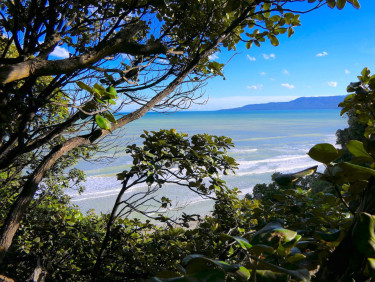
Rarakau – New Zealand
Enabling the indigenous Māori to maintain the forest for conservation and cultural purposes through New Zealand’s first rainforest carbon project.
